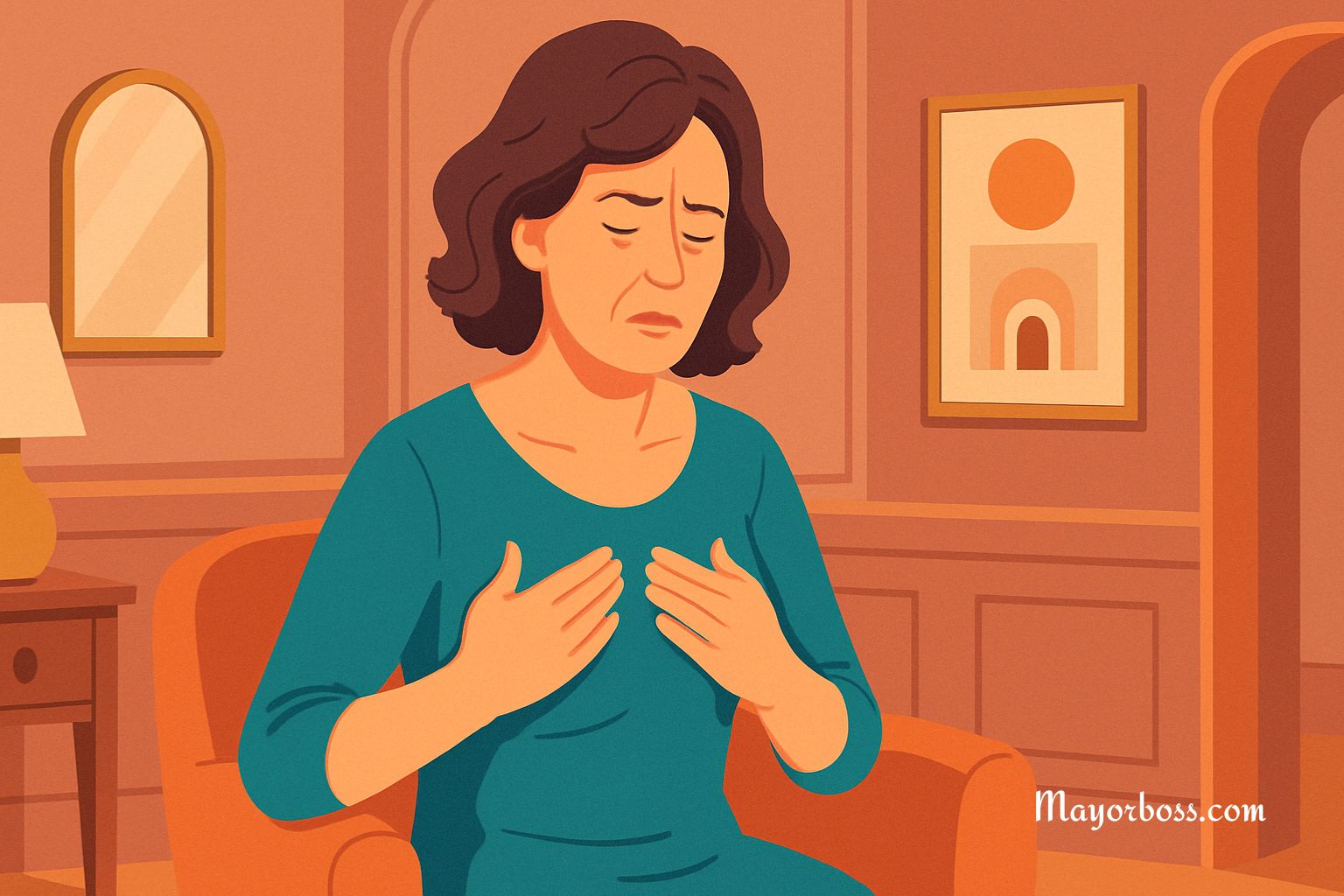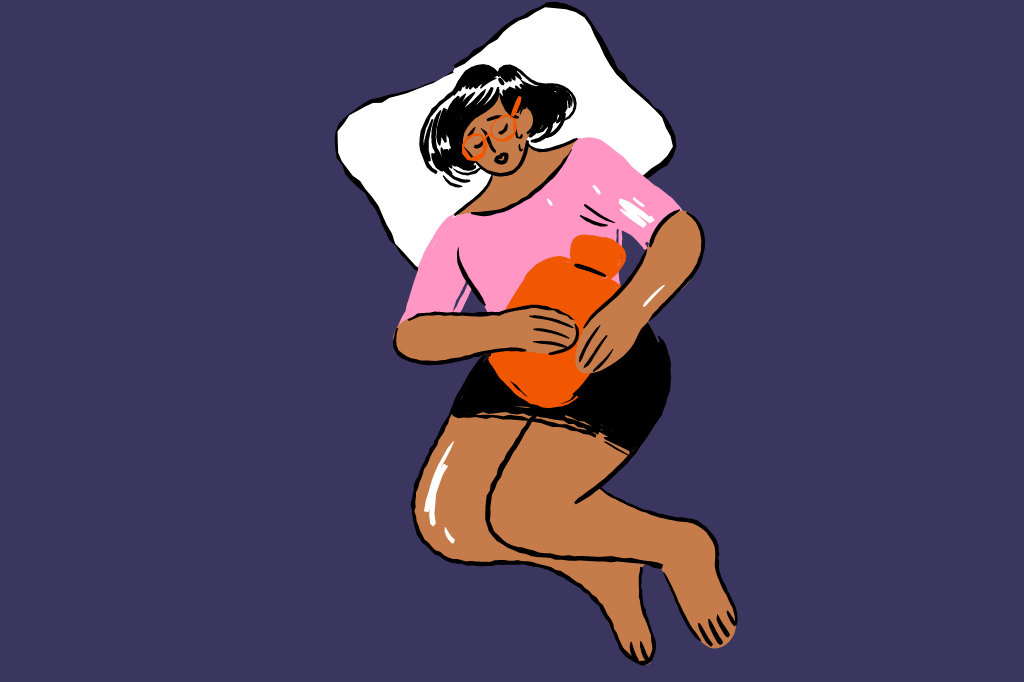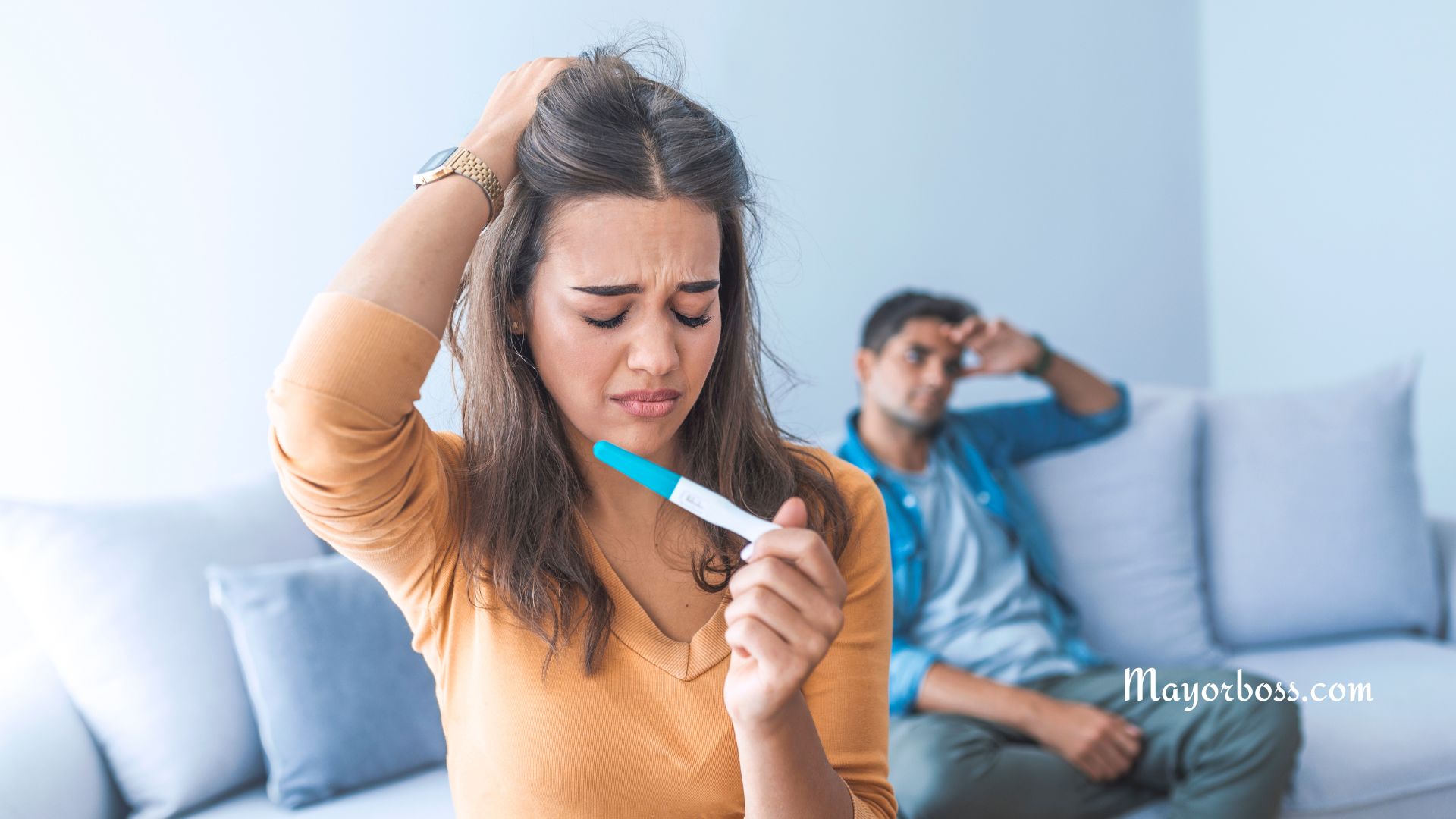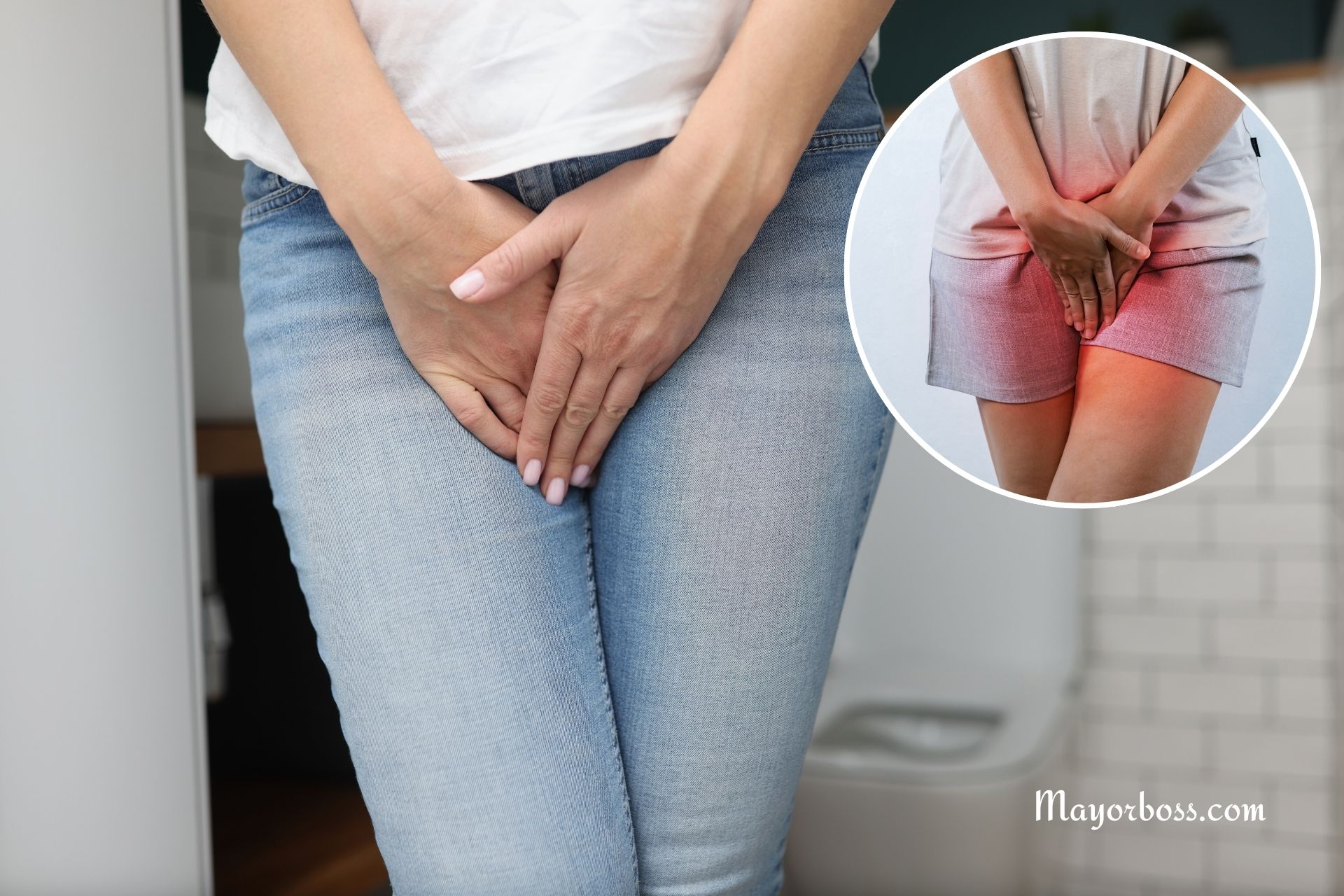PCOS Symptoms: 6 Signs You May Have This Hormone Disorder
You’ve probably heard of PCOS, but what is it exactly? Polycystic ovarian syndrome (PCOS) is a health condition that affects one in ten women of childbearing age.
While the cause of PCOS is unknown, we do know that it’s related to an imbalance of the hormones involved in ovulation.
Women with PCOS often have higher-than-normal levels of androgens (male hormones) and may have irregular or absent periods. PCOS can also cause fertility problems.
Despite its prevalence, PCOS often goes undiagnosed and untreated because many of its symptoms are commonly attributed to other conditions or simply dismissed as “normal” teenage/adult female problems.
Nevertheless, there are a variety of symptoms associated with PCOS, and they vary from woman to woman. The most common symptoms are:
1. Irregular periods
Women with PCOS often have irregular menstrual cycles. This means that you may skip periods or have infrequent periods. You may also have longer than normal menstrual cycles or heavy bleeding during your period.
2. Weight gain
Many women with PCOS struggle with weight gain, even when they eat a healthy diet and exercise regularly. Weight gain can worsen insulin resistance and make it more difficult to manage PCOS. In fact, studies show that up to 80% of women affected by PCOS tend to gain weight, especially around the abdomen.
Also Read: 10 Causes of Weight Gain and Obesity
3. Acne
Hormonal imbalances associated with PCOS can cause breakouts on the face, chest, and back. Acne may be mild or severe, and it’s often resistant to over-the-counter treatments.
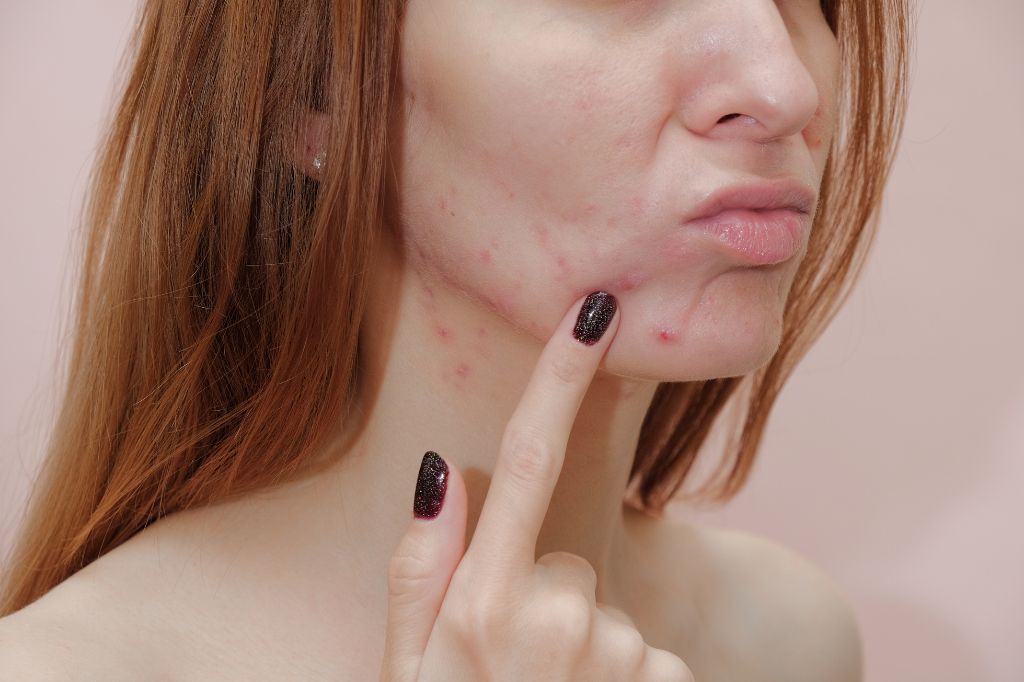
4. Excess hair growth (hirsutism)
Women with PCOS may develop excess hair growth on their face, chest, back, or thighs due to an increase in testosterone levels. This condition is called hirsutism, and it affects up to 70 percent of women with PCOS. If you’re concerned about excess hair growth, there are treatments available that can help slow down hair growth and remove unwanted hair.
5. Infertility
One of the most distressing symptoms of PCOS is difficulty getting pregnant. Women with PCOS often have irregular ovulation, which can make conception difficult. In addition, PCOS can lead to a variety of pregnancy complications.
6. Thinning hair on the scalp (alopecia)
Alopecia is another common sign of PCOS. This is when a person loses hair from their scalp, either in patches or all over. It is similar to male pattern balding. It’s thought to be caused by an imbalance in hormone levels as well as inflammation in the scalp caused by excess sebum production.
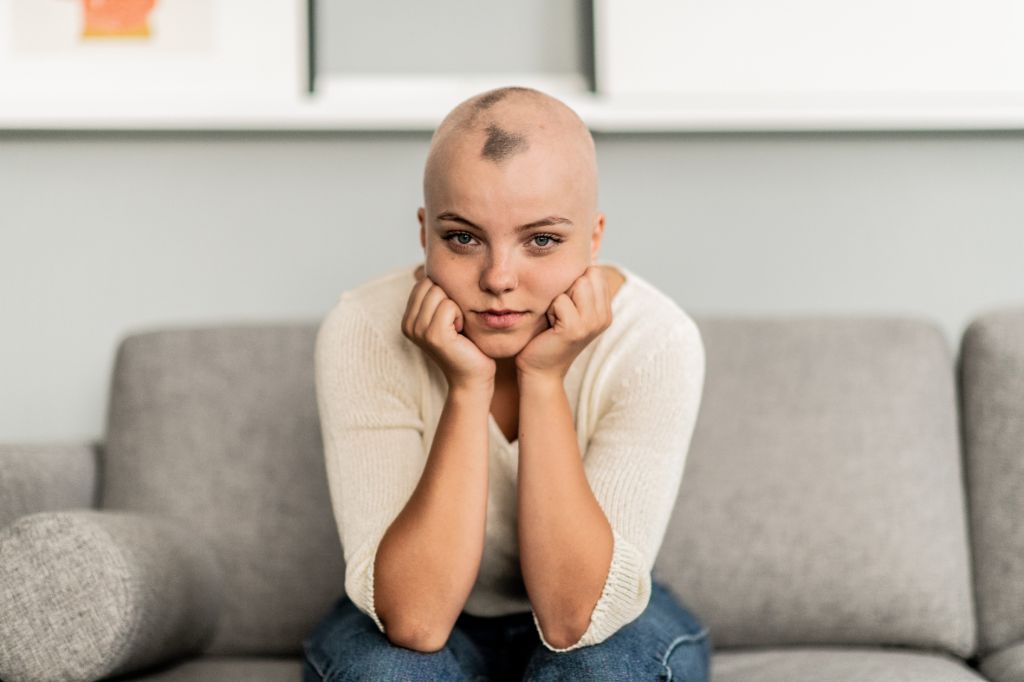
Frequently Asked Questions
What Are the Symptoms of PCOS?
The symptoms of PCOS vary from woman to woman, but the most common ones include irregular periods, excess hair growth, weight gain, and fertility issues. Some women with PCOS also have acne or thinning hair.
How Is PCOS Diagnosed?
There’s no one test that can definitively diagnose PCOS. Your doctor will likely start with a pelvic exam and order blood tests to check your hormone levels. They may also order an ultrasound to get a better look at your ovaries.
Can PCOS Be Reversed?
Unfortunately, there is no cure for PCOS. But with treatment, most women are able to manage their symptoms and live healthy lives. Treatment typically involves lifestyle changes, such as eating a healthy diet and exercising regularly, as well as medication to regulate hormone levels.
Does PCOS Increase My Risk for Certain Health Problems?
Yes, women with PCOS are at increased risk for certain health conditions, including endometrial cancer, metabolic syndrome, type 2 diabetes, sleep apnea, and depression. That’s why it’s so important to see your doctor if you think you may have the condition and follow their recommended treatment plan.
Conclusion
If you think you may have PCOS or are experiencing any of the symptoms associated with the condition, it’s better to see your doctor right away. With treatment, most women are able to manage their symptoms and lead healthy lives.

